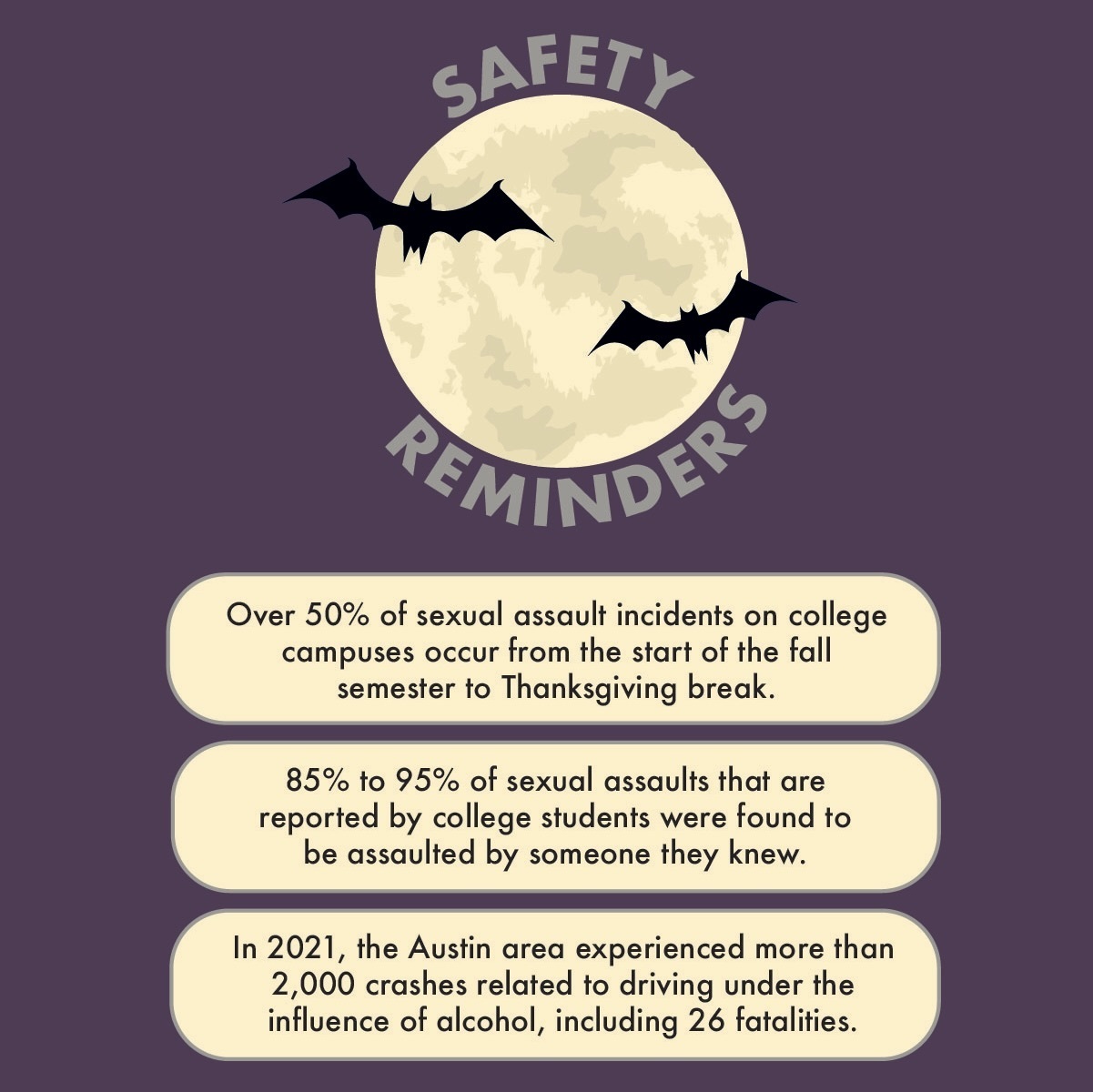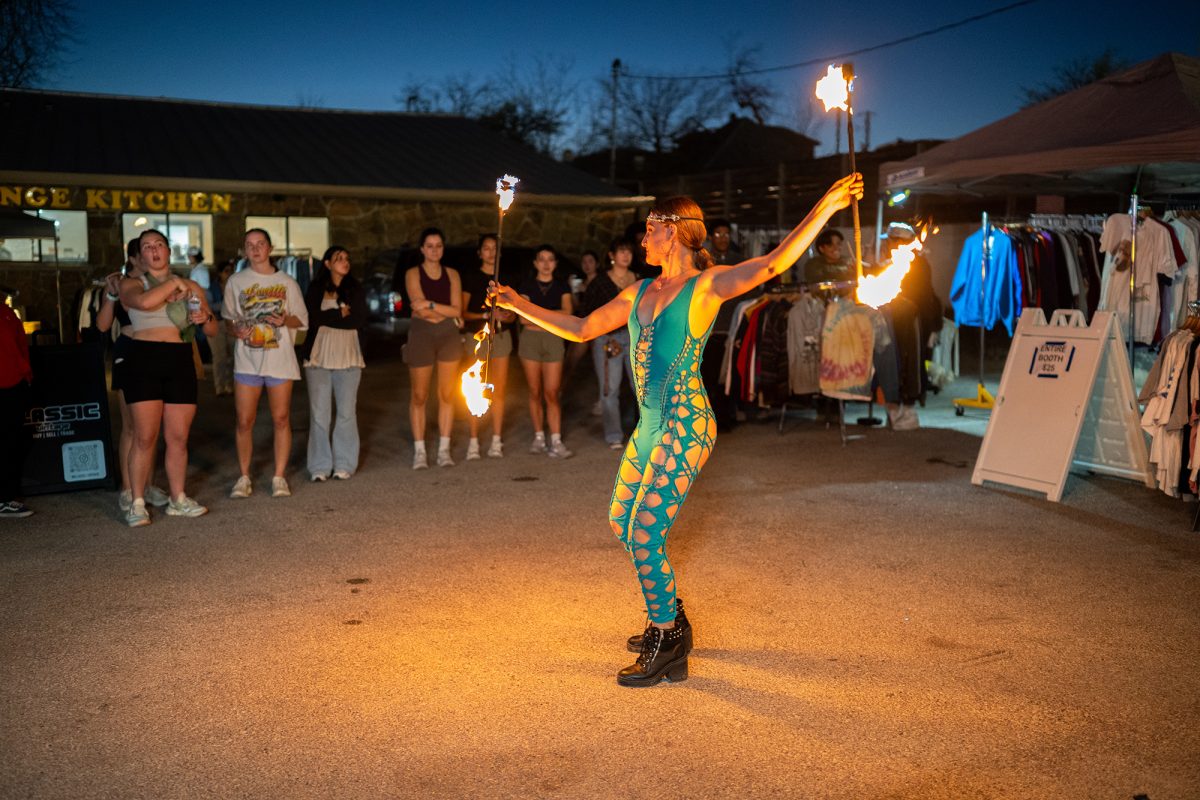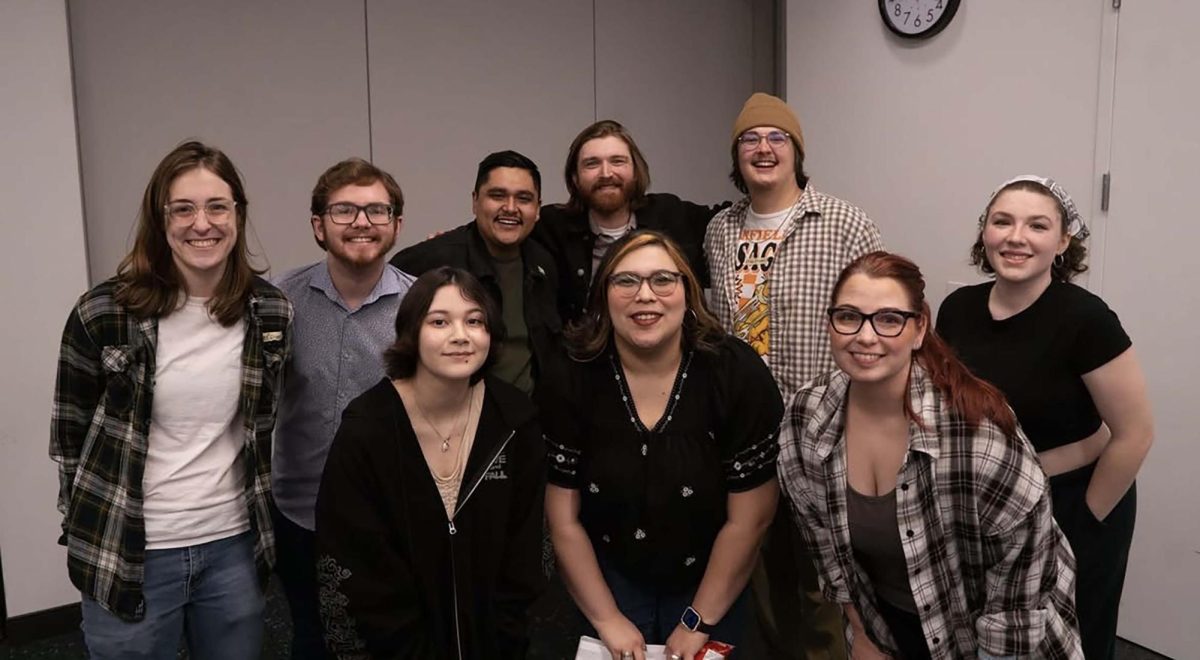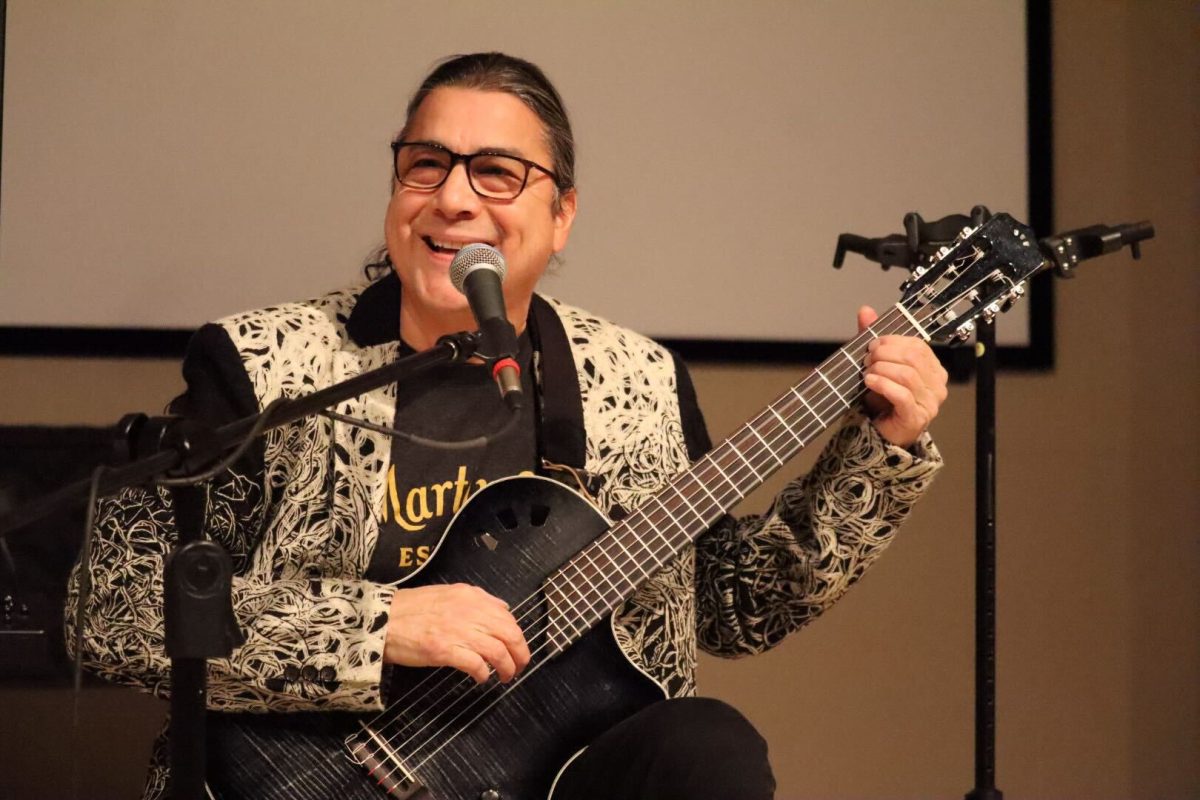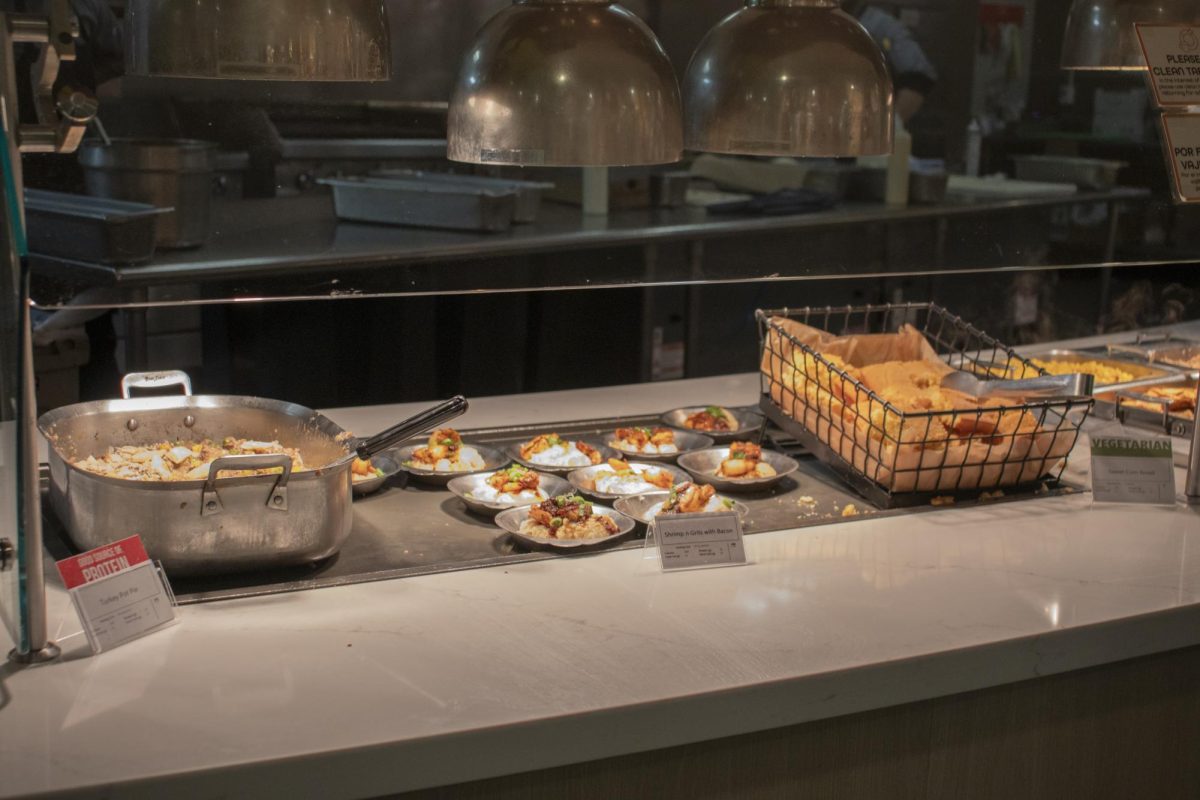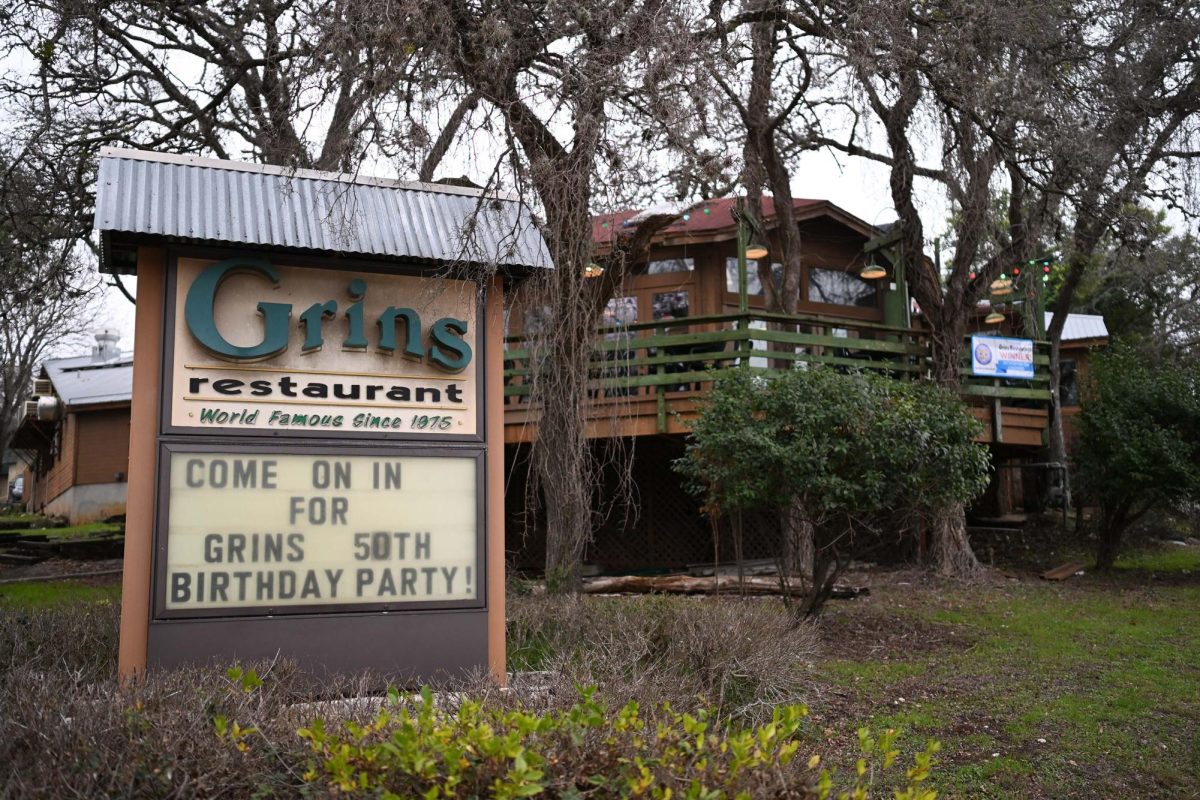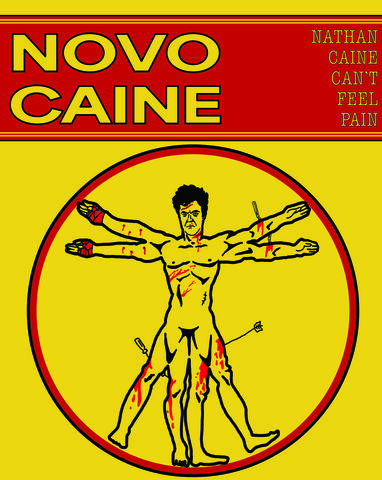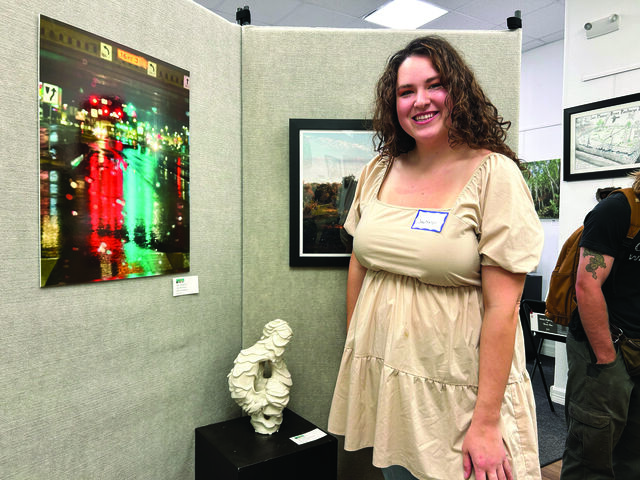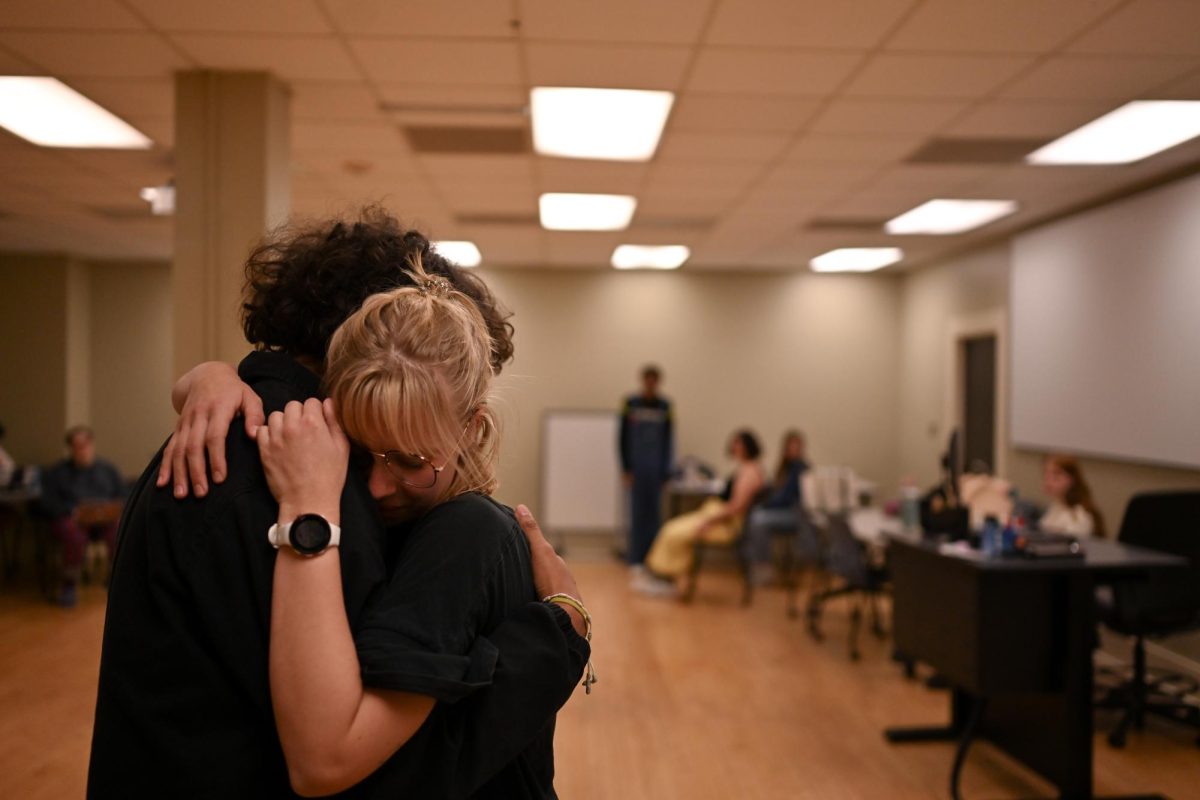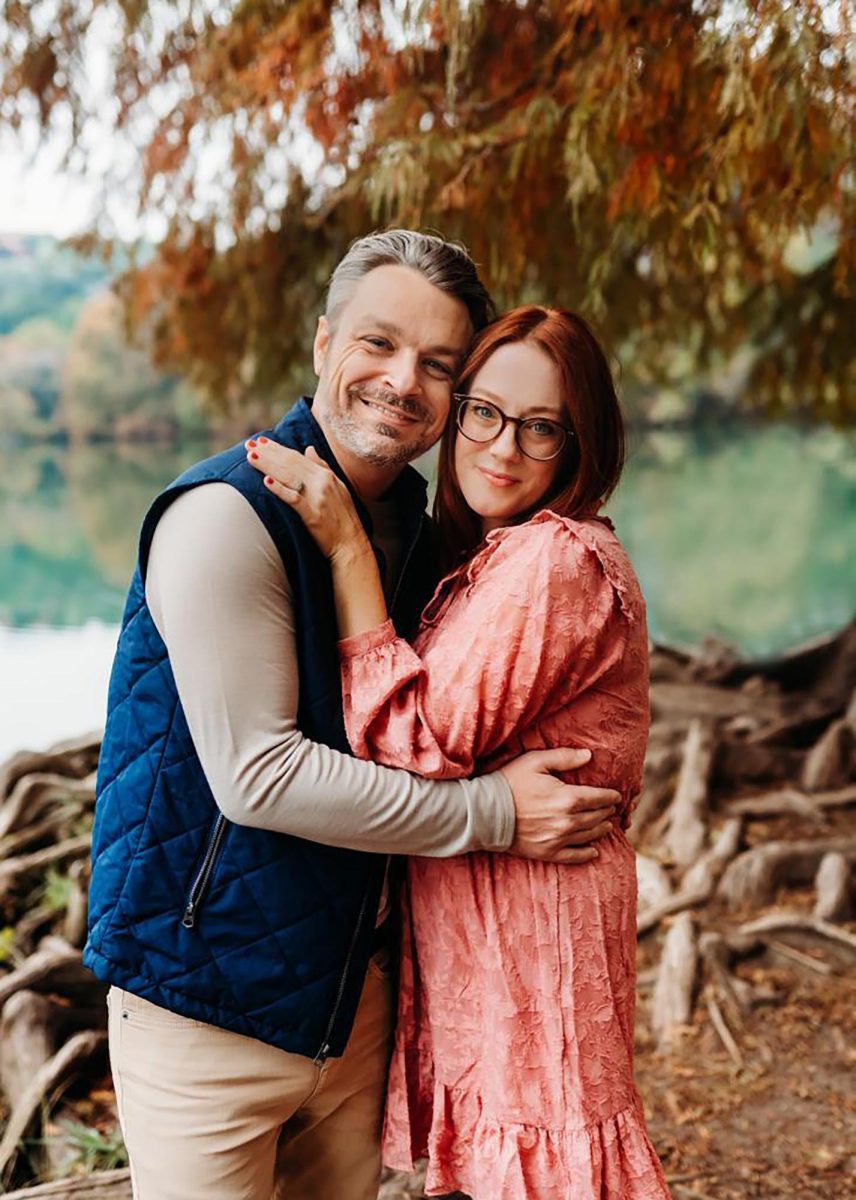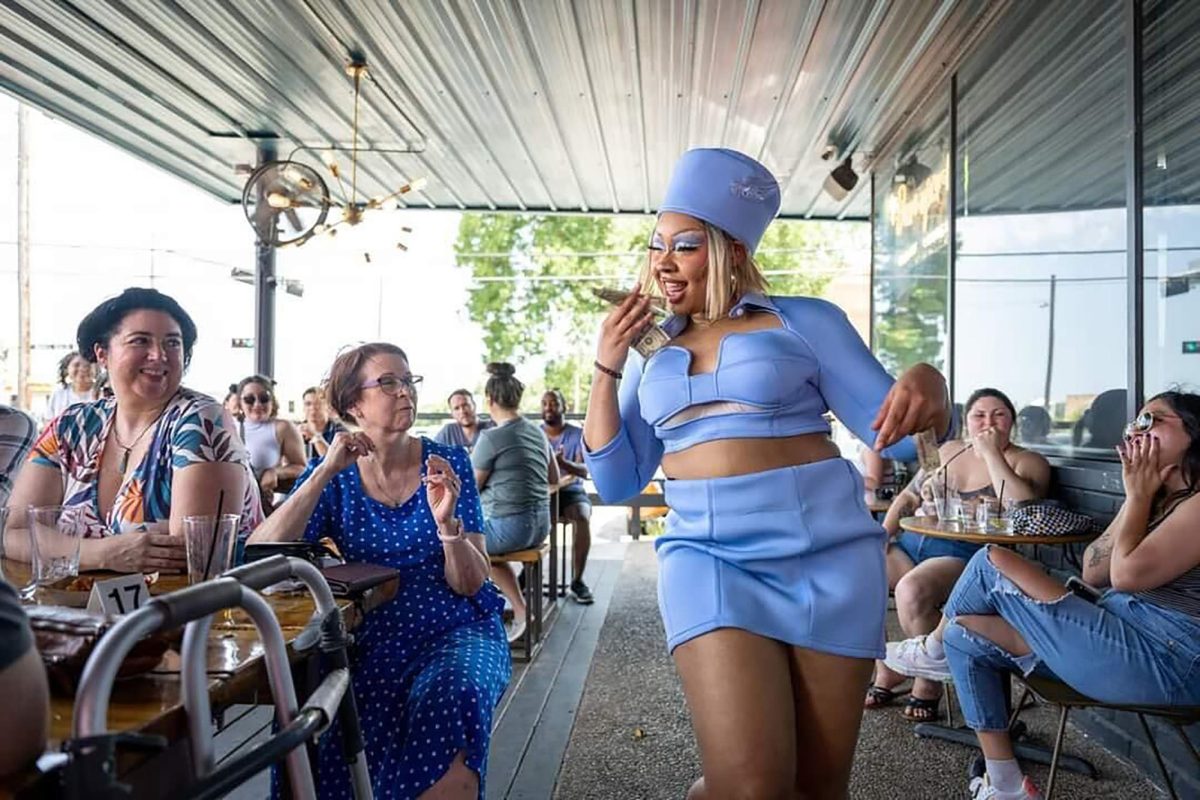From haunted houses to Halloween festivities, Halloween season has come to San Marcos, bringing both exciting celebrations and safety concerns, specifically regarding sexual assault and driving under the influence.
Students Against Violence (SAV), a Texas State peer education organization dedicated to distributing resources and educating others about violence against college students, said the societal pressure should not be up to survivors alone to protect themselves and instead starts with educating the college as a whole.
“It’s good to have a basic safety baseline, [but] it’s not really on the people who are being hurt or involved in this to have done everything,” SAV Vice President Makena Burns said. “I know people say they did everything right, but that’s not how it works nor their job. If you follow all of those rules, and you are perfect, things can still happen.”
Texas State reported an increase of 135% in rapes, which SAV said could be attributed to a combination of an increase in sexual violence or more people might feel comfortable reporting.
“My hope is that…maybe we’ve created a little bit of a safer space or more resources where people are able to come forward,” Burns said. “If you’re never talking about [sexual violence], nobody’s ever going to learn about what’s going on. It’s kind of like an unspoken thing that everybody knows that these kinds of things happen.”
SAV Officer Levi Gaines said putting the responsibility on survivors and others affected by violence is deeply integrated in society today, especially among communities that have been historically discriminated against such as LGBTQ+ individuals and women of color.
“We as college students should be able to conceptualize… autonomy is a thing,” Gaines said. “You can drink, you can wear whatever you want, and your autonomy should still be valued and respected at the end of the day because none of that is an invitation in any way, shape or form.”
University Police Department Community Engagement Officer Sgt. Rodrigo Manzanares said students should always call emergency services if someone requires medical attention, regardless of if they have been drinking, and to prioritize using rideshare services or arranging a designated driver.
“It’s [going] to be a lot harder to get a ride home because a lot more people are using those ride share services,” Manzanares said. “It may probably be more expensive than you typically paid for during these [types] of holidays, but I think it’s well worth spending that money on those rides [rather] than the cost associated with any kind of tragedy related to DWIs, whether you are a driver or a victim of that type of incident.”
In addition to rideshare services such as Uber and Lyft, students also can utilize the Student Safety Escort Program to return home, which provides rides for students on and off campus on the weekends.
Burns said college party culture as a whole tends to target freshmen as they do not have the social support net that upperclassmen typically gain later in college.
“People are going to go to parties, and parties aren’t inherently bad — that’s not the issue,” Burns said. “If parties didn’t exist, people would still find ways to sexually assault others and still do find ways.”
Maria Castro, an anthropology junior, said party culture, specifically around Halloween, is very dangerous for women due to its sexualized culture and women in particular need to take precautions.
“Try to stay in a group, go to parties where there’s more than one person that you’re familiar with [and] be aware of your drinking limits,” Castro said. “Although women should not have to be on guard, the truth is that that’s how you have to be, especially during Halloween. Sadly, I don’t think that college aged men can be trusted to take care of women, so we all have to take care of ourselves.”
In addition to taking preventative measures when celebrating Halloween, Manzanares said that for students who want to take advantage of the opportunity to socialize, remember to prioritize their health and well-being when making the decision to go out.
“Always trust your instincts,” Manzanares said. “No matter what you are doing or where you are, if you sense that something doesn’t feel right, don’t dismiss or ignore your feelings. Act on them as best you can.”
To find more information about resources regarding violence against students, visit www.healthcenter.txst.edu/after-hours/sexual-assault-resources.



